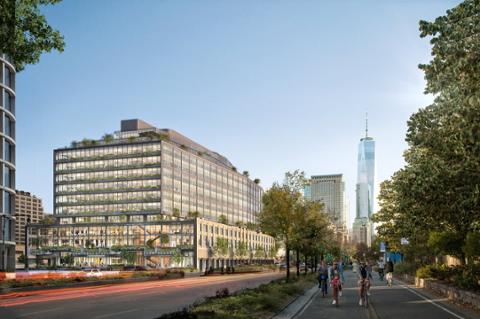For years, the nation’s preeminent tech hubs seemed unchanging. You had Silicon Valley and San Francisco, Seattle and New York City. Other cities developed significant tech communities, but nothing seemed to touch the combination of venture funding, Big Tech presence, and outsized talent concentrated in these longtime hubs.
Things might be evolving, however. According to Emsi Burning Glass, which collects and analyzes millions of job postings from across the country, it’s clear that demand for technologists is spiking in other big cities, including Chicago, Atlanta, Austin, Dallas, and Washington, DC. While the “traditional” tech hubs haven’t lost their advantages, other cities seem to be gaining strength as tech destinations. Here’s a breakdown of tech job demand over the past 90 days:
New York City has the top spot, and it doesn’t seem like it’ll lose its hiring momentum anytime soon. Google recently announced that it’ll spend an additional $2.1 billion on Manhattan office space, while the other tech giants—most notably Amazon, Google, and Apple—have all picked up hiring in the Big Apple over the past year. Prime office space, a huge pipeline of new talent from nearby universities, and the local culture (and food) are all likely elements in these companies’ decision-making.
Meanwhile, other cities are rapidly gaining ground, with Chicago and Atlanta continuing to build out their respective tech communities. Washington, D.C., which long had a tech community centered around the federal government, is enjoying an influx of companies such as Amazon, all of which need a variety of tech talent.
Cities in Texas, including Austin and Dallas, are benefitting from Texas’s aggressive attempt to lure talent away from California. Over the past two years, Oracle announced that it would move its headquarters from Northern California to Austin; Tesla, Hewlett-Packard, and other companies spun up new facilities in the state; and the local startup ecosystem is on the rise.
The rise of newer tech hubs benefits technologists across the country, of course. More tech communities equals more opportunity, no matter where you live.



